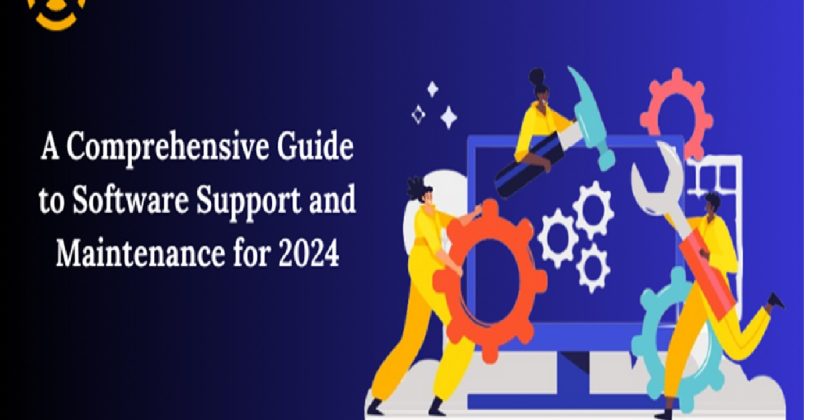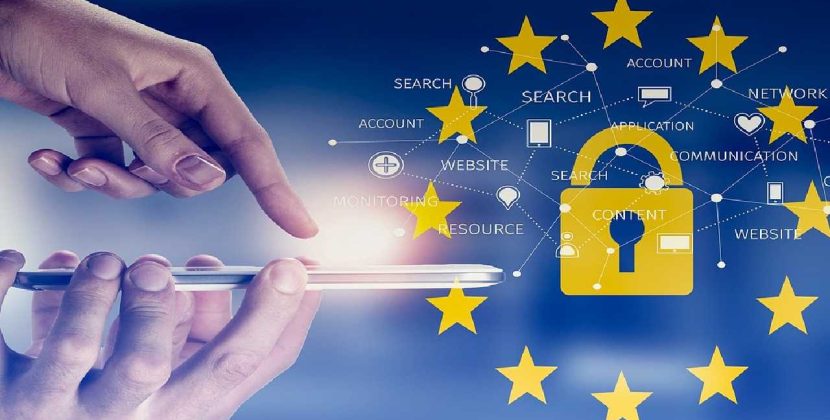
Update Your WordPress Site Security
The security of the website of vital importance, primarily if your website processes personal data. And while WordPress has essential security features, you need to take additional steps to make sure your website immune to hackers and bots.
This article describes some best practice tips to help you keep your WordPress site secure.
Choose A Good Web Host
The first line of defense against an attack on your website your web host. This is why you want to make sure that you don’t just go for the cheapest hosting option. Instead, you need to do your homework and find a trustworthy host.
A reputable web host will support the latest versions of basic web technologies such as PHP and MySQL. Your host must also support PHP 7 as this is the official PHO version recommended for WordPress.
It would also be useful if you considering using a managed WordPress host. Managed WordPress hosting is designed to consider all significant technical aspects of hosting, including security, availability, performance, and backups.
Install An SSL Certificate
You need to install SSL in WordPress. An SSL certificate makes it difficult for hackers to intercept sensitive information between users’ browsers and your server. Also, Google now insists that all websites have an SSL certificate. If a user uses a Chrome browser and tries to access a website without SSL, they will receive a notification that the website not trusted. As a result, your web traffic will be drastically reduced.
Choose High-Quality Themes And Plugins
WPScan claims that 52% of all website vulnerabilities due to plugins and themes cause 11%. Therefore, it crucial that you only download plugins and themes from trustworthy sources such as WordPress.org and premium providers. If you are unsure whether a website is safe, you should look for testimonials and reviews to ensure the product of good quality. It would help if you also made sure that all of the plugins and themes you use regularly supported and updated. If a plugin or theme isn’t updated regularly, it’s more likely to have security flaws or lousy code that makes it vulnerable to attack. Finally, it would be helpful if you only kept the plugins and themes you use and need. The more plugins and themes you have, the higher the risk of getting hacked. Therefore, you should regularly check your list and disable and delete those that you no longer need.
Update The WordPress Core Regularly
WordPress open-source software that developed and maintained by a worldwide community of volunteers. This means that every time there a new version, security holes closed.
By default, WordPress automatically installs minor updates. However, for major releases, it’s up to you to manually update to the latest version. So you need to make sure that you secure your site and apply critical updates when available. These critical updates are essential to the performance and security of your site.
Activate Two-Factor Authentication
Two-factor authentication creates another step in the registration process. As a result, users forced to enter a code sent to their mobile phones and credentials. This can prevent automated attacks and ensure that hackers do not infiltrate your website.
There are even plugins like iThemes Security and Two Factor Authentication that implement two-factor authentication for you.
Limit Login Attempts
The default settings for your WordPress account allow you to log in as often as you want. This is useful when you are forgetful and don’t always get your password right the first time, but it also helpful for hackers to perform a brute force attack. However, you can quickly fix this by limiting the number of failed attempts a user can log into your website. You can do this with free plugins like WP Limit Login Attempts. This plugin also temporarily blocks IP addresses.
Conclusion
There is no right way to protect your WordPress site from security threats. However, there are some basic things you can do to make your WordPress site more secure. This includes updating your WordPress core, themes, and plugins, implementing solutions to close security loopholes, preventing hackers from accessing your account with two-factor authentication, and limiting login attempts.












